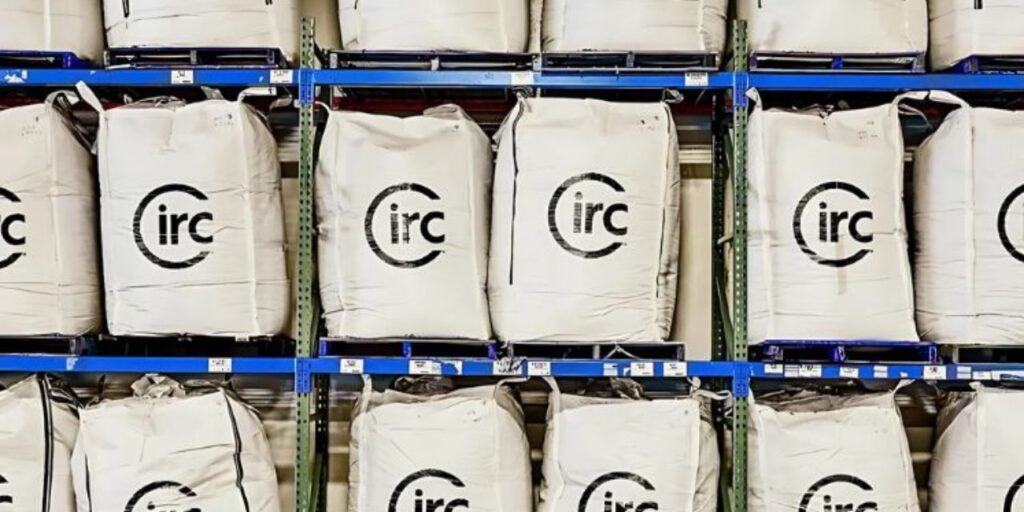
Bestsellers Everlane, Eilene Fisher, and Zarando join supply partners Arvind, Birla Cellulose, and Foshan Chicley as the first brands in the Fibre Club Initiative.
Virginia, Danville (January 28, 2025) – The US-based textile-to-textile recycling pioneer Circ® announced the launch of Fibre Club in collaboration with the non-profit organisation Canopy for forest conservation and the sustainable innovation platform Fashion for Good. Fibre Club is a collaborative initiative that enables brands to validate and adopt recycled materials through a structured four-phase process that spans sampling, pilot collections, and crucial long-term offtake commitments. The inaugural fiber for Fiber Club is Circ’s staple lyocell fiber, with plans to In the future, include more Circ materials. It may be expensive and complicated to pilot a new fibre into an existing supply chain, and it sometimes calls for specific minimum quantities and expenditure. Fibre Club wants to address these issues by giving companies a venue to participate in Simultaneous testing and adoption, simplifying the suppliers involved, and lowering minimum order quantities by merging brand volumes all contribute to lower expenses.
By creating the first-ever blueprint for expanding circular materials, Circ is establishing a new benchmark for sustainability in the fashion industry with Fibre Club. By streamlining supply chain integration, creating bulk pricing structures, and enabling brands to access Next Gen materials, this innovative project will promote the use of Next Gen materials and make large-scale adoption more feasible and economical.
The original organisations under Fibre Club include supply chain partners Birla Cellulose, Foshan Chicley, and Arvind, as well as brand partners Bestseller, Eileen Fisher, Everlane, and others. The organization’s goal is to facilitate a smooth transition into commercial-scale manufacturing and cultivate enduring collaborations.
Zalando as well. Of the three supply chain partners working on these companies’ pilot projects, Arvind and Foshan Chicley will create textile fabrications, while Birla Cellulose will turn Circ’s pulp from polycotton textile waste into lyocell staple fibre. To get material off the ground, cooperation on pilot quantities with various value chain partners is crucial. The brands will then nominate a garment manufacturer to take the innovative fabric through to products available to purchase.
Fibre Club is a progressive program dedicated on long-term effect, in contrast to one-off projects. Other creative Next Gen material manufacturers may also use the Fibre Club idea to expand their products through Circ, Fashion for Good, and Canopy—Circ is only the starting. Together, we are taking the first step towards transforming the accessibility of scalable, sustainable textile solutions with Circ’s Lyocell staple fibre as the first emphasis.
Fibre Club embodies the future of circularity and textile recycling’, stated Peter Majeranowski, Circ’s CEO. “We’re making it simpler than ever to implement recycled and Next Gen materials at scale by working with brands and simplifying supply chain integration—beginning with our circulate Lyocell.
